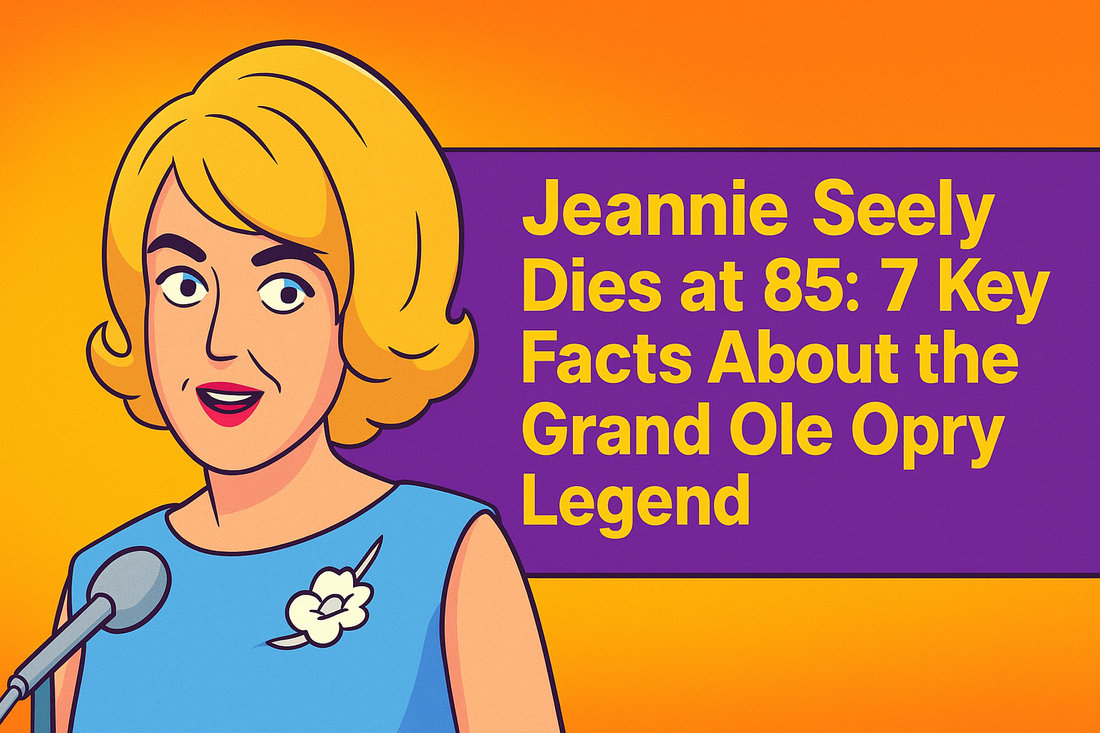
[5 Facts] Why American Eagle’s “Great Genes” Ad Sparked Backlash
Share
American Eagle Faces Heat for Sydney Sweeney “Great Genes” Ad
Introduction
American Eagle, the popular clothing brand, recently found itself in hot water after launching an ad campaign featuring actress Sydney Sweeney. The ad, which included the tagline "Great Genes", was intended to highlight denim jeans. But the wordplay stirred controversy online—many found it offensive, tone-deaf, or poorly timed. So, what went wrong?
Let’s break it down.
What Was in the Ad?
- The ad featured Sydney Sweeney standing confidently in denim jeans.
- The bold tagline read: “Great Genes.”
- It was meant to cleverly reference both “jeans” (clothing) and “genes” (hereditary traits).
Why People Got Angry
-
Insensitive Implications:
The use of “great genes” was seen as promoting genetic superiority, which is a sensitive topic tied to race, class, and privilege. -
Historical Context:
Words like “great genes” have been historically linked to eugenics—the belief that some people are genetically better than others. That’s why many found the ad harmful and offensive, even if unintentionally so. -
Celebrity Choice:
Sydney Sweeney, a white actress from a privileged background, being called out for her “great genes” raised eyebrows during a time of growing conversations about inclusivity in fashion. -
Timing:
In an age when brands are expected to be more socially aware, critics say American Eagle should have foreseen how this phrase could be misunderstood or hurtful. -
Social Media Amplification:
Platforms like X and TikTok quickly picked up the backlash. Many users called for American Eagle to apologize or remove the ad.
What Did American Eagle Say?
In a statement, the brand said:
“The ad was meant to celebrate denim and individuality. We recognize the feedback and are listening.”
While the brand stopped short of issuing a formal apology or pulling the ad, it acknowledged the public response—signaling possible internal reflection or strategy shifts ahead.
FAQs
Q1: Who is Sydney Sweeney?
A: Sydney Sweeney is a popular American actress known for shows like Euphoria and The White Lotus.
Q2: What does “Great Genes” mean in this ad?
A: It’s a pun combining “jeans” (pants) and “genes” (inherited traits), which unintentionally caused offense.
Q3: Why is this phrase controversial?
A: Because it can be interpreted as suggesting genetic superiority, which is linked to harmful ideologies like eugenics.
Q4: Did American Eagle apologize?
A: No formal apology has been issued yet. The brand simply said it’s “listening” to the feedback.
Q5: Is the ad still live?
A: As of now, the ad has not been pulled down officially.
Conclusion
American Eagle likely intended the “Great Genes” campaign as a fun pun for promoting jeans—but in 2025, advertising doesn’t happen in a vacuum. The public expects brands to be more culturally and socially aware, especially when referencing genetics, identity, or privilege.
Even clever wordplay can misfire when it touches sensitive issues—especially in a global market with diverse viewers. This controversy shows how language in marketing, no matter how playful, needs deeper reflection before going public.
Final Deep Opinion (Think-Piece Style)
Let’s not sugarcoat it—this controversy reflects a deeper tension in how brands use language. From a linguistic and socio-political standpoint, the phrase “great genes” carries more baggage than it may seem. On paper, it’s a pun. But in the real world, where advertising intersects with identity politics, such phrases are not neutral.
Mathematically speaking, if a single word choice can alienate 10% of a brand’s audience, and even 2% of those people turn into vocal critics online, that’s a potentially high reputational cost. In a hyper-connected digital ecosystem, semiotics (study of signs and symbols) now plays as much of a role in ad impact as actual product quality.
So, even though the ad might be harmless in intention, it is intellectually careless in execution. As advertising grows more algorithmic, predictive, and diverse, brands need to simulate possible interpretations—not just reactions. A pun is never “just a pun” in the age of meme culture, social justice, and global optics.
